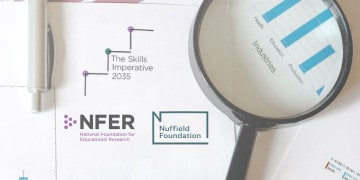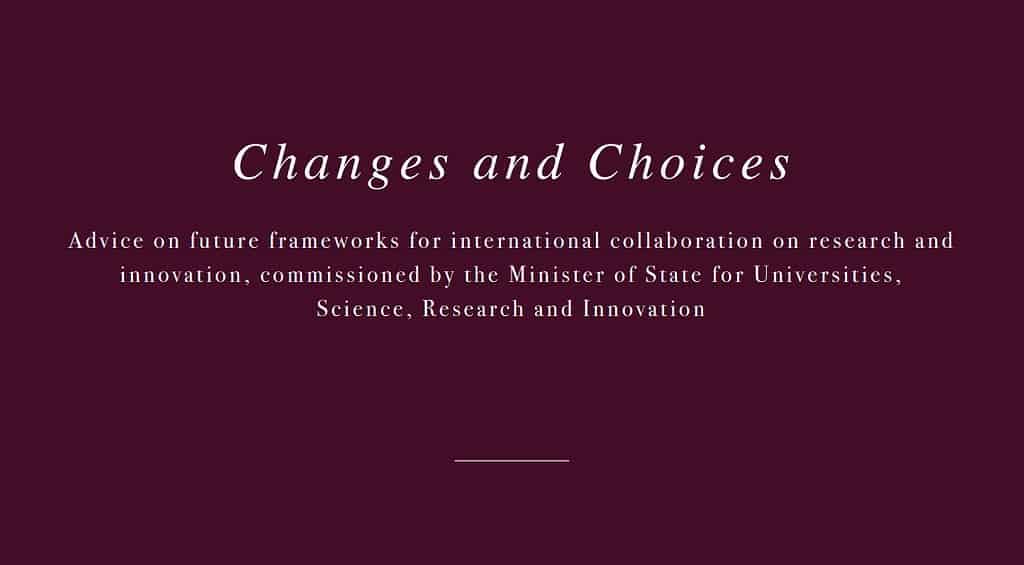Dame Athene Donald, Professor of Experimental Physics and Master of Churchill College, talks about poor diversity in UK science and what is being done to improve it
The importance of Diversity for Innovation
18 Nov 2016
The UK is a world leader in science and innovation. This must mean that we are good at finding the ‘best’ people to put in the jobs that matter, doesn’t it? Wrong. We don’t necessarily manage that at all well. The diversity of our workforce does not reflect the make-up of our population. Potential stars are being squeezed out for reasons not necessarily connected with their abilities.
It starts at school. Whereas only around 25% of students taking psychology A level are boys, for physics the proportions are reversed, and computing sees a staggering 90% of the A level entrants being male. Whatever you may believe about whether girls ‘like’ physics less than boys, the fact that far more girls are likely to progress to physics A level if they come from a girls-only school suggests to me that the issues reside as much in a particular’s school ethos as in the girls themselves.
The problems are not of course just restricted to gender. The differences in attainment at university for BME’s (Black and minority ethnics) are well-attested, with (crudely and ignoring the differences between the different ethnic groups) more than a 15% gap in the numbers obtaining a ‘top’ degree, namely a 1st or 2.1, compared with white students with knock on effects to future employment prospects.
At least these problems are now recognized and spoken about. The Athena Swan scheme now has significant traction and a Race Equality Charter is now in its early stages. But such schemes are only part of the solution. Every organisation has to do some soul-searching, look at its own culture and implicit assumptions, and work out appropriate actions to facilitate culture change. Monitoring statistics is all very well, but too often one hears the whine that there simply weren’t any women/BMEs qualified for a particular role when the reality is they were knocked out at the longlisting stage due to unconscious bias. People’s unconscious biases are incredibly strong if subtle – try the tests at Project Implicit if you don’t believe this about yourself – and it is an ongoing battle to ensure these do not win out at recruitment.
So far you could say that all I’ve written is simply based on the moral imperative of equality – which I would say should be sufficient. But, it is worth noting that diversity really pays off in a fairly literal sense. All the business studies demonstrate that diverse boards and diverse teams make better decisions and lead to higher profits and greater innovation. Although I am not aware of similar studies being done simply within the scientific sector, it is hard to see why this would not be equally the case.
Finally, ignoring gender effects in research can be costly and even fatal. In medicine in particular, carrying out all drug trials on male subjects has masked issues with the responses of women; clinical guidelines for recognizing heart attacks, based on how they present in males, has led to women suffering from heart attacks being sent home because their clinical symptoms do not match; and for many years all research on car safety was done using a standard (US) male dummy, thereby ignoring the fact that women – let alone children – are lighter and shorter on average.
We are progressing, but not nearly fast enough, in recognizing that diversity matters, that people are different but talent is not restricted to the white male. We have a long way to go, but we have at least progressed from overt discrimination to more subtle unconscious forms of disadvantage. Let us hope when CaSE celebrates its next 30 years an article such as this is completely redundant.

Related articles

The Physiological Society’s policy team on the health challenges facing older workers and the urgent need to develop a strategy to ensure older people are happy and healthy at work.

Jo Reynolds, Director of Science and Communities at the Royal Society of Chemistry, on the RSC’s new summary report looking to unlock the potential of deep tech SMEs.

Lisa Morrison Coulthard, Research Director at the National Foundation for Education Research, on the Nuffield Foundation funded five year research programme providing insights into the essential employment skills needed for the future workforce

Sir Adrian Smith, Institute Director and Chief Executive of The Alan Turing Institute, and Graeme Reid, Professor of Science and Research Policy at UCL, set out the findings from their new independent report on international partnership opportunities for UK research and innovation